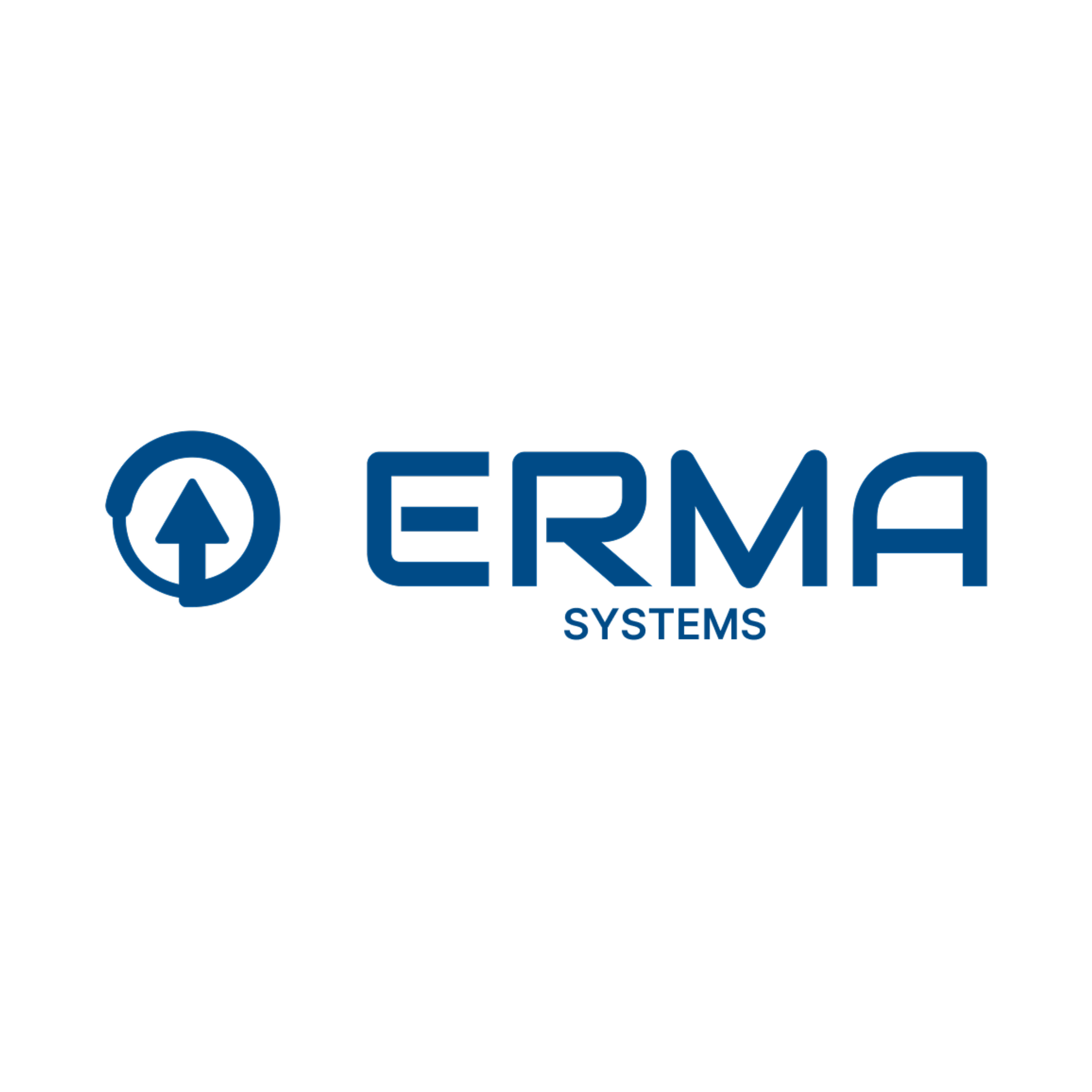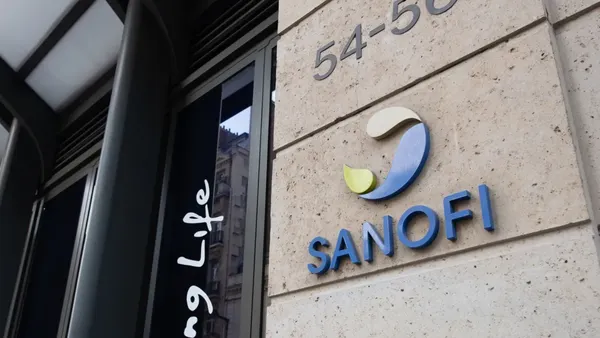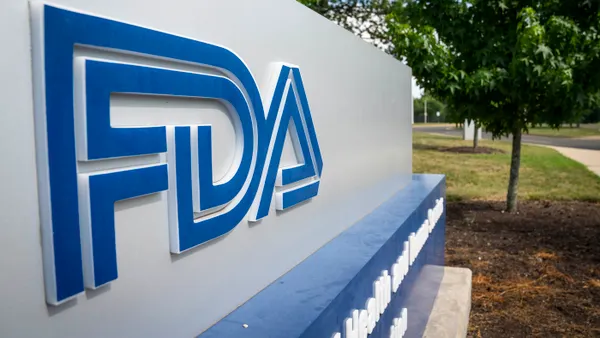Combining Summit Therapeutics and Akeso’s closely watched cancer drug with chemotherapy didn’t help people with lung cancer live longer than chemo alone in a late-stage study, raising doubts whether the Food and Drug Administration will agree to review it for potential approval.
The final analysis of the Harmoni trial, released Sunday at the World Conference on Lung Cancer in Spain, was the first data from a global Phase 3 study for ivonescimab or any drug in its class, which block both the immune pathway PD-1 and the blood vessel-building protein VEGF.
Drugmakers have invested heavily in the PD-1-VEGF class, looking to build on the success of PD-1-blocking drugs like Keytruda and Opdivo. More than a dozen are in development, with Merck & Co. and BioNTech notably among the big-name drugmakers that have bought into the field.
The Harmoni data will likely make many take a closer look, however. Summit teased the possibility of a positive outcome in May, when results from the trial, which tested the ivonescimab-chemo combination in people with an EGFR mutation and PD-1 expression who already progressed on a VEGF inhibitor, showed the combination reduced the risk of death or progression by 48% compared with chemo plus placebo.
At that point, the trial was unable to prove the combination extended survival, as the reported 21% relative reduction in the risk of death failed to achieve statistical significance. Summit said it wanted to do a final analysis with longer follow-up from people from Western countries enrolled in the trial. Without a statistically significant overall survival benefit, the FDA wouldn’t approve the drug, the company said at the time.
The data released Sunday didn’t help its case. The analysis showed that trial participants from North America and the EU, when assessed, together, had only a 16% relative reduction in the risk of death. People enrolled in North America, when analyzed separately from Europe, had a 30% relative risk reduction.
Summit executives acknowledged the timing of the survival readouts and their conflicting findings might cast doubt on ivonescimab’s effectiveness. “[We] knew this was going to be a problem,” said Jack West, Summit’s vice president of clinical development, in a call with Wall Street analysts.
However, he said critics should also listen to physicians who have seen the drug’s benefits.
“Some of the conversations I've had just in the last few hours are with people who have actually used ivonescimab, who are extremely committed to it, who have participated in this trial,” he said. “They've seen what they've come to conclude are really good results as well. And so there's nothing like that clinical experience.”
Summit shares fell 24% in morning trading.
Leerink Partners analyst Daina Graybosch wrote in a note to clients that following the data she believes the FDA won’t approve ivonescimab nor will Summit be able to achieve a licensing deal “at the substantial valuation expected by investors.”
Evercore ISI analyst Cory Kasimov, meanwhile, wrote it’s possible Summit executives could re-open negotiations with the FDA and file on this data. However, it’s probably better for the company to wait until it has data from trials in a first-line setting, according to his note.















